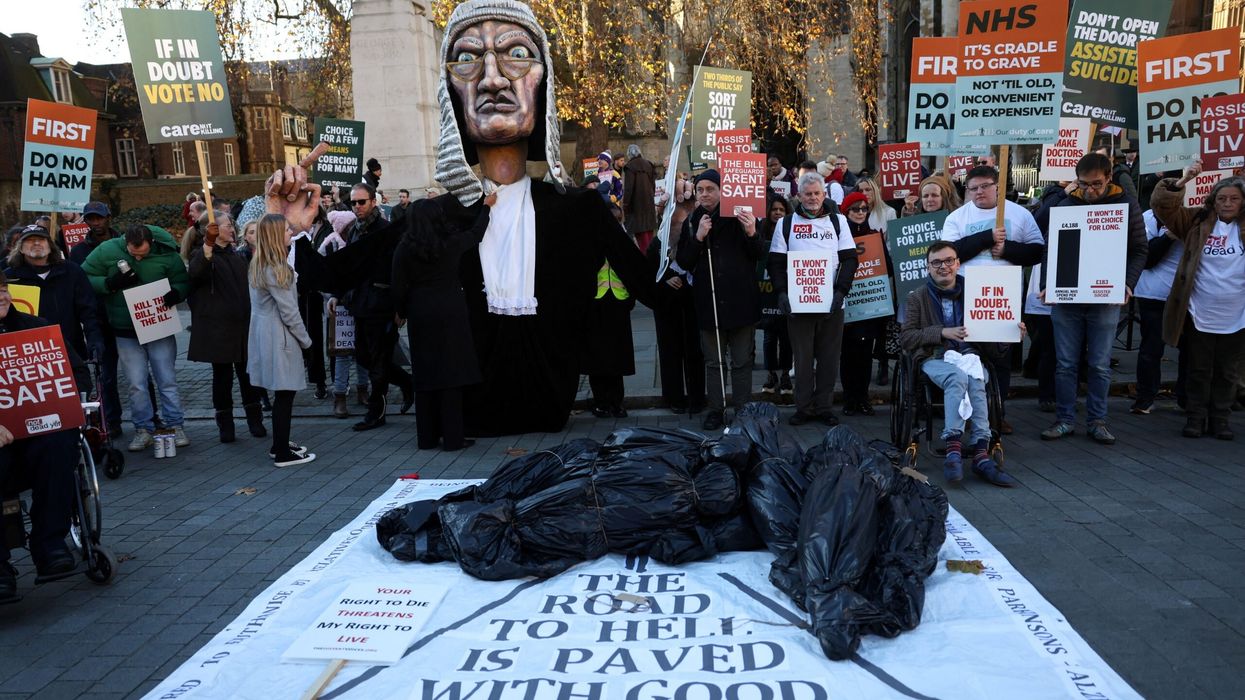By Amit Roy
SIR KEIR STARMER has realised something that Jeremy Corbyn did not, with fatal consequences for the former Labour party leader – which is that Kashmir is the coronavirus of British politics.
If you get infected by the India versus Pakistan politics of Kashmir, dating back to the Partition in 1947, you are not going to get elected – hence Corbyn was discarded by most Indian voters at the last general election.
Apart from Virendra Sharma, the sitting Labour MP in Ealing Southall, and a few others, I don’t know of too many other Indians who voted Labour in the general elections last December – and Virendra opposed Corbyn on Kashmir.
Starmer has now decided to socially distance himself from Corbyn’s policy on Kashmir. After meeting a group from Labour Friends of India, he adopted a sensible line: “We must not allow issues of the sub-continent to divide communities here. Any constitutional issues in India are a matter for the Indian parliament; and Kashmir is a bilateral issue for India and Pakistan to resolve peacefully.”
He added: “A Labour government under my leadership will be determined to build even stronger business links with India and to co-operate on the global stage on issues such as climate change.
“I look forward to meeting the Indian high commissioner in due course to open a renewed dialogue between the Labour party and the people of India.”
My own view is that when Indian and Pakistani doctors and nurses are dying during the pandemic, it is a bit of an indulgence to get worked up over Kashmir. We might as well be realistic and accept that what happens in the UK and what the Labour party line is on Kashmir are unlikely to make the slightest bit of difference to the Line of Control between the two neighbours. So why polarise the politics of the UK and poison the generally good relationship between Indians and Pakistanis in the UK?
I know some Pakistanis will accuse Starmer of selling out to India’s much great influence in international affairs. That is mainly because India has not adopted terrorism as a state policy. It doesn’t do the equivalent of the Mumbai massacre of 2008. It doesn’t give shelter to the likes of Osama bin Laden. And it doesn’t do beheadings and post it online. It doesn’t have an equivalent of Omar Sheikh, the British Pakistani who masterminded Daniel Pearl’s kidnapping in Karachi in 2002 – Daniel’s parents have just petitioned the Supreme Court in Pakistan arguing Omar should not be released.
There are plenty of people in India who are strongly opposed to prime minister Narendra Modi’s Kashmir policy and probably more who support him. For the UK Labour movement to condemn human rights violations in India but overlook the many more in Pakistan is an unwise exercise because it sets communities against each other in the UK.
Do we really want that?
Starmer is still bound by the Labour party resolution on Kashmir. He needs to state, unequivocally, that it is null and void. After that, he and his shadow foreign secretary, Lisa Nandy, should visit India and Pakistan to understand that Kashmir will remain a problem without a solution.



















Man pleads not guilty to murder of BBC presenter's family